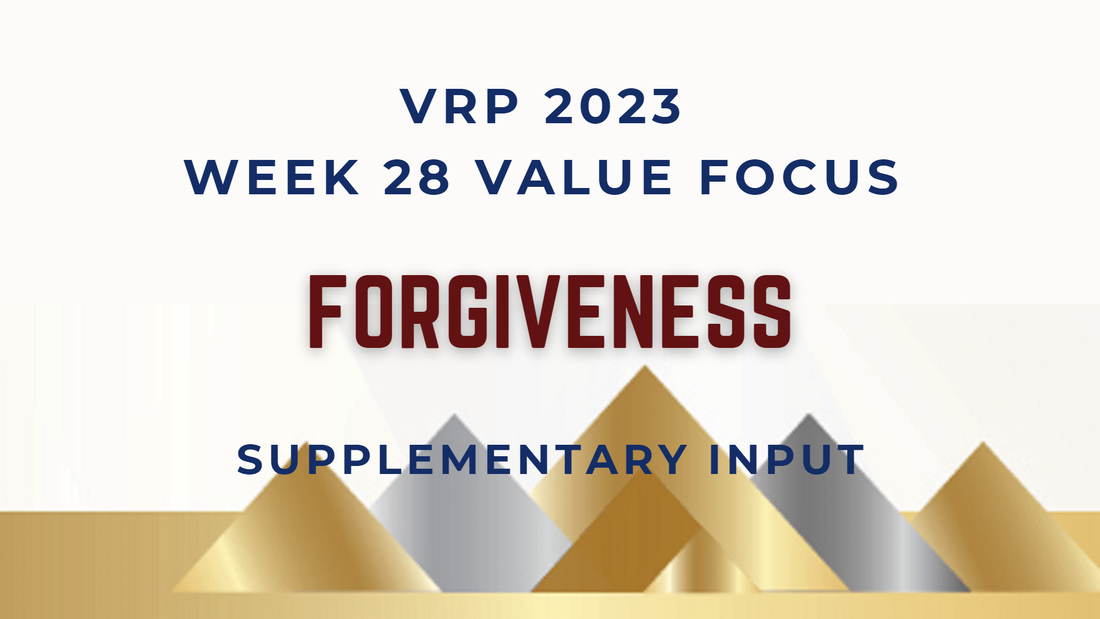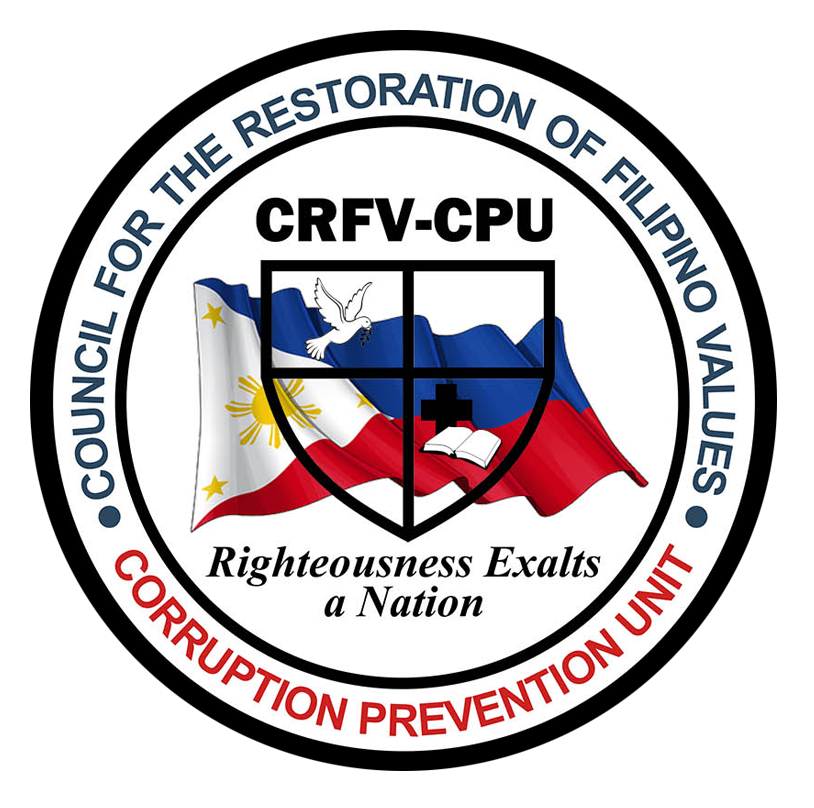|
by: Atty. Carolina Lim-Gamban “He who is without sin among you, let him throw a stone at her first,” this were the very words of Jesus Christ when an adulterous woman was caught in the act, and the people were clamoring that she be stoned to death, as punishment. In this story, nobody threw a stone at her because the people condemning the woman realized that they too, were sinners.
Here we see the different dimensions of forgiveness taking place: One, the people forgiving the woman after realizing that they too were sinners. At times, we too act so high and mighty, and are self-righteous to think that we did not sin. We easily condemn and judge others. This sometimes causes unforgiveness and lack of grace. But when we realize that we too have sinned, we cannot “cast the first stone” because our conscience reminds us of our own mistakes, or our conscience allows us to have the grace to give the person another chance. Two, Jesus Christ, forgiving the woman of her sinfulness and enjoining her to sin no more. Oh what an amazing grace that despite the woman’s sinfulness, deserving death, she was given another chance because of another person’s intervention, even God’s forgiveness, only, she should sin no more. This is an open invitation for those who have sinned to ask, seek, and knock for forgiveness while there is still time, but at the same time, sin no more. This shows that forgiveness does not mean tolerating sinfulness but to put an end to committing sins. Just like the woman who has been forgiven, forgiveness paved a way for her to have a new life - a life free from sin and condemnation, and a life dedicated for genuine love and service. It is written in the Holy Scriptures, “Therefore I tell you, because her many sins have been forgiven, she has loved much. But he who has been forgiven little loves little.” Three, the woman forgiving the people who have condemned her and had no resentment against them. There are times when people easily judge us or condemn us for some things that we either did or did not do. Forgiving them will not only pave a way for our growth as a person but will greatly contribute to our well-being. According to John Hopkins Medicine, “Studies have found that the act of forgiveness can reap huge rewards for your health, lowering the risk of heart attack; improving cholesterol levels and sleep; and reducing pain, blood pressure, and levels of anxiety, depression and stress.” Also, it is written in the Holy Scriptures, “Do not judge, and you will not be judged. Do not condemn, and you will not be condemned. Forgive, and you will be forgiven.” For if we forgive, our God will also forgive us. Last but not the least, the woman forgiving herself from her sinfulness by turning away from sin because of the grace showed to her by Jesus Christ. For us to be totally free from the clutches of unforgiveness, we must also forgive ourselves for the wrong things we have done or mistakes we have committed. This will allow us to make peace with ourselves and move forward. Forgiving one’s self does not mean uttering the words, “I forgive myself” but it takes reflecting on what we have done wrong, acknowledging our mistake or wrong doing, putting ourselves on the shoes of those we have committed the wrong, and making up with our mistakes by putting things right. Forgiveness is our gateway to freedom. Do not withhold. Forgive, and you will be forgiven.
0 Comments
Leave a Reply. |
CRFV Winning TeamA company of men and women who have committed their lives to the cause of national transformation. Archives
July 2024
Categories
All
|
Our Services |
Our Organization |
SupportSupport Page
FAQ Terms of Use |
Copyright © 2015 | Baguio City, Philippines 2000 | 074-424-1497 | [email protected]


 RSS Feed
RSS Feed
